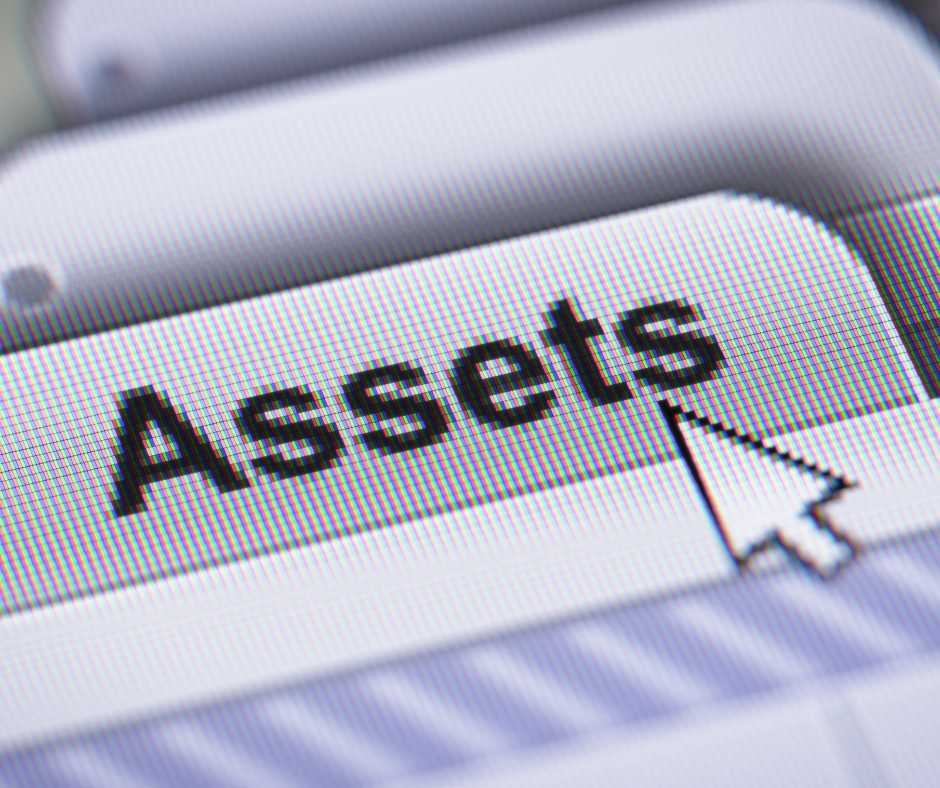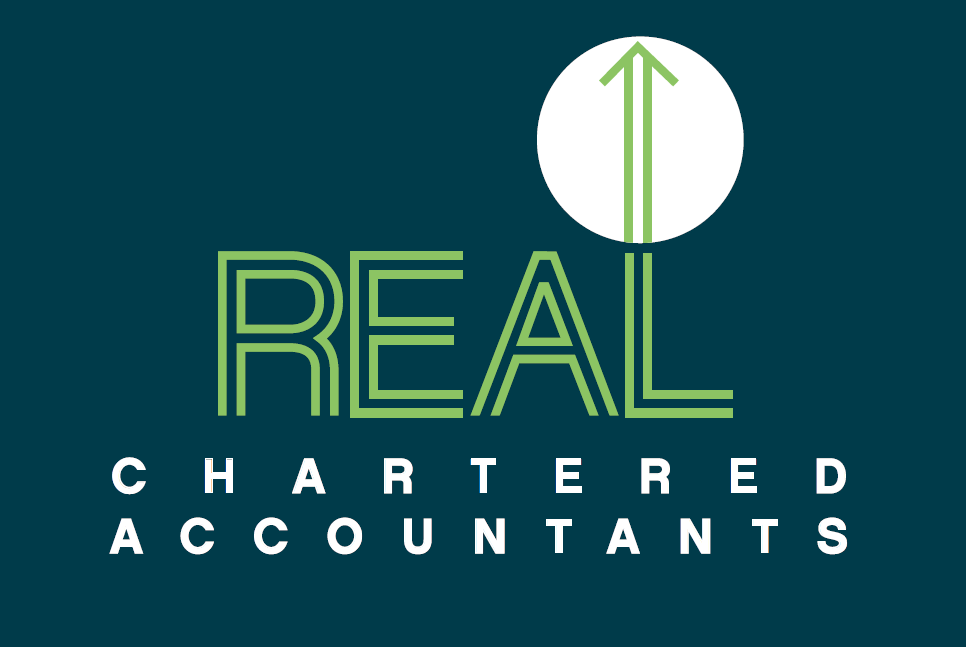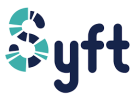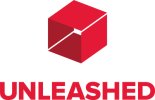NEWS
Selling Business Assets

The main advice we give to all our clients is that you talk to us before making any property transactions. Changes to the NZ Property Tax rules are yet to be finalised by law, possibly sometime in September this year. In the meantime, you are best to err on the side of caution and get qualified advice first to ensure you don’t get lumped with an unexpected tax bill.
For more on buying and selling a residential property, visit the IRD page on this topic here...
Following is an excerpt from the IRD on guidelines around selling business assets which we also believe is useful to note…
Agreement on Amounts Allocated
Where the buyer and seller agree on how the sale price is allocated between taxable, depreciable, and non-taxable assets then these values should be used for tax purposes.
The agreement should be made and documented before either the seller or buyer files their income tax return which includes the tax position for the sale. Neither party needs to notify us about the agreement unless requested.
If we consider the agreed amounts do not reflect the asset’s market value, we may allocate amounts using certain thresholds for low-value depreciable assets.
From 1 July 2021, where 2 or more assets are sold, the buyer and seller should agree on the amount to allocate to each asset class based on market value.
Correcting the Sale Price Allocation
If we find that the buyer and seller did not allocate the sale price in reasonably the same way in their income tax returns, or did not allocate it in line with market values or tax book values where required, then we are likely to:
- investigate the sale
- set our own allocation for tax purposes
- reassess any incorrect GST or income tax returns (whichever applies): In the case of a disagreement between us and you, it’s your responsibility to prove that your sale price allocation is correct.
This can take a while and can lead to a tax bill for either side. It’s best to talk early with a tax professional to make sure you get the details of your sale right from the start.
Example - Capital Coffee Roastery
Jesse sells his business ‘Capital Coffee Roastery’ to Connall for $200,000. It’s a sale made up of taxable and non-taxable assets.
The business is being sold as a going concern and meets the GST requirements, so the supply is zero-rated for GST – neither side pays nor receives GST on the sale.
Jesse and Connall work together along with their accountants and tax advisors to allocate the sale/purchase price to each type of asset. Based on market value, they both agree that the:
- coffee beans, bags, and other trading stock are worth $30,000 – these are taxable (revenue) assets.
- factory and roasting equipment are worth $70,000 – these are depreciable (capital) assets.
- business’s good reputation to its customers (goodwill) is agreed to be worth the remaining $100,000 – thie is a non-taxable (capital) asset.
As the seller, Jesse must declare the $30,000 worth of taxable assets as income in his income tax return. He may also need to make an adjustment to account for the clawback of some of the $70,000 factory and roasting equipment that he previously claimed depreciation on.
As the buyer, Connall can claim $30,000 as an expense in his income tax return for the trading stock. He can also claim depreciation on the $70,000 factory and roasting equipment.
Neither Jesse nor Connall will declare income or claim expenses for the $100,000 allocated to business goodwill.
For more help with buying or selling assets for your business, please contact your REAL CA client manager so we can advise you on the best allocation of funds, timing and more.
Disclaimer
This information is intended to provide general advice only. We recommend you discuss your specific situation with your Accountant.









